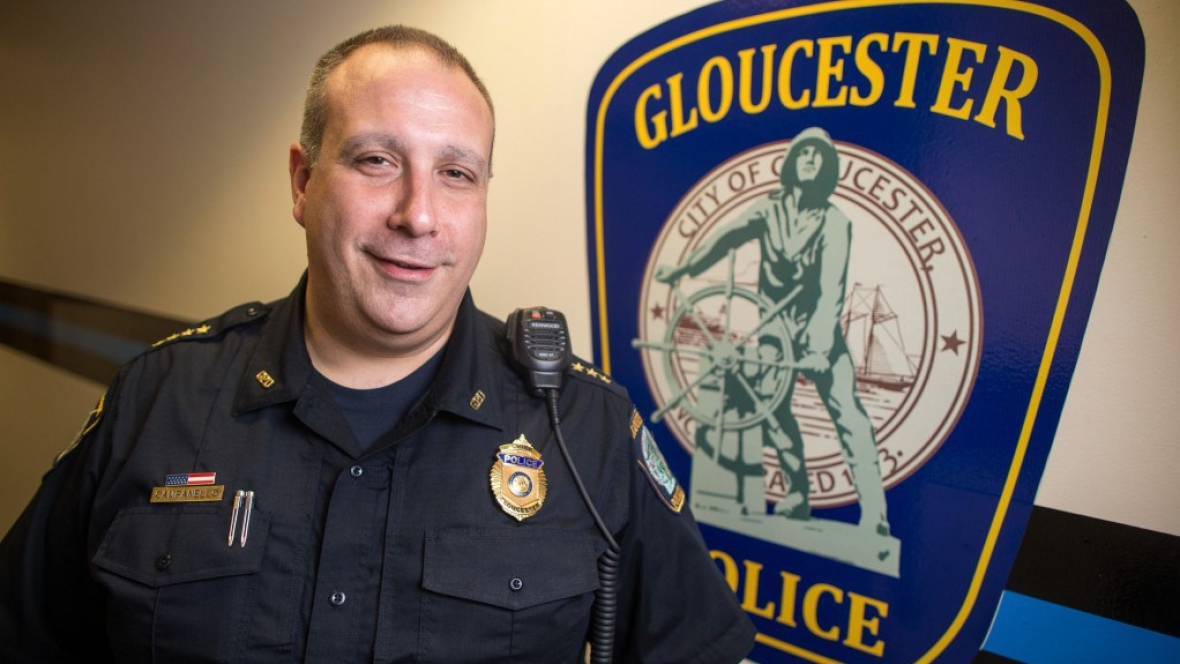
A year ago last week, the Police Assisted Addiction Recovery Initiative (PAARI) was born—the brainchild of Gloucester, Massachusetts Police Chief Leonard Campanello and entrepreneur John Rosenthal. The program set out to help rather than punish addicts, opening the doors of the Gloucester Police Department to those seeking treatment. Thus, the Angel Program was born.
As of late May, 452 addicts had passed through the Gloucester police station, the Weatherford Democrat reported. And Campanello and Rosenthal estimate that up to 2,000 addicts have been helped through the program nationally, as more police across the country adopt their own version of Gloucester’s Angel Program. There are currently 112 other law enforcement agencies in 28 states that have adopted a PAARI program, connecting people with recovery and treatment center programs. Each program is unique, but in Gloucester, drug users are paired with a volunteer “angel” who will connect them with treatment.
Campanello’s Angel Program was born in response to a string of fatal overdoses in Gloucester in the first three months of 2015. The worsening opioid crisis in Gloucester and beyond spurred the change in tune for police across the U.S. who have adopted PAARI. “We had to stop trying to arrest our way out of this problem,” said Campanello. “We certainly didn’t expect the attention that it’s gotten. We wanted to create something that would be a safe haven for the city of Gloucester, but we feel very responsible for where it’s gone and how it’s grown.”
In April, alongside Barbara Theodosiou of The Addict’s Mom and Justin Luke Riley of Young People in Recovery (YPR), Campanello was honored by the White House for being a “Champion of Change“—for his leadership in preventing prescription drug and heroin abuse, increasing access to treatment, and supporting Americans in recovery. The Obama administration said that since it began, the Angel Program succeeded in reducing “crime and costs associated with substance use disorders in Gloucester and rebuilt the trust between the police and the community.”
The Angel Program and its growing success is changing the national view on addiction—and is an acknowledgement by law enforcement that the opioid crisis cannot be solved through the criminal justice system.
“We’re an entity that—right, wrong or indifferent—has a very loud voice in this right now and that people seem to be paying attention,” said Campanello. “Our job is to lend that voice to people who are suffering from this disease and their support groups.”
